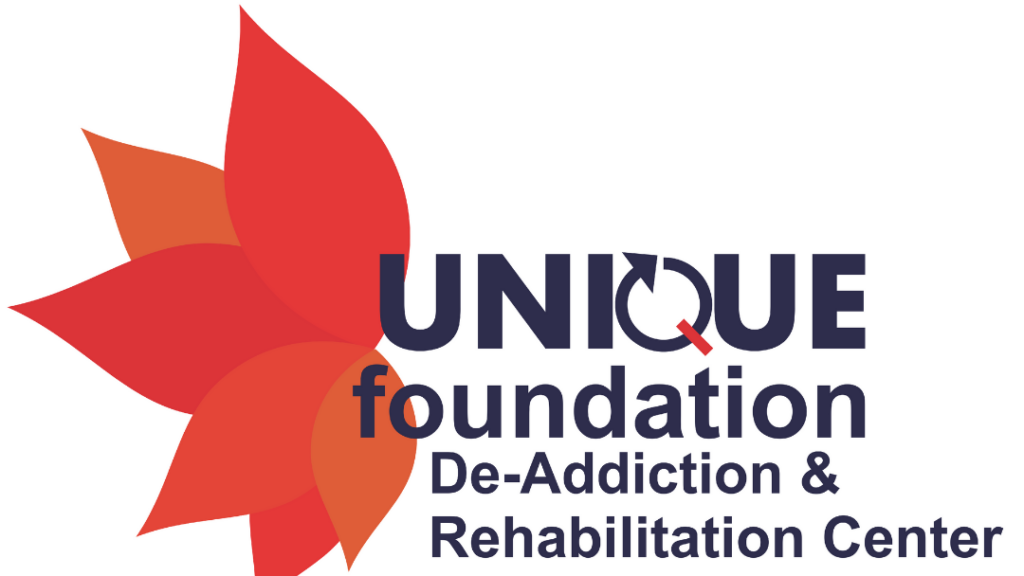Indoor Games

Introducing indoor games like Carrom, Chess, and Ludo in de-addiction centers can be a beneficial and effective approach to aid in the recovery process of individuals dealing with addiction. These games offer various advantages:
- Distraction and Relaxation: Games like Carrom, Chess, and Ludo provide a healthy distraction from cravings and negative thoughts associated with addiction. Engaging in these activities helps in diverting attention and provides relaxation, reducing stress and anxiety.
- Social Interaction: These games encourage social interaction among individuals undergoing treatment. Playing together fosters a sense of community, supports teamwork, and helps build positive relationships among peers, essential for recovery.
- Cognitive Stimulation: Chess, in particular, is known for its cognitive benefits, enhancing critical thinking, problem-solving skills, and decision-making abilities.
4.Emotional Regulation: Games can assist in managing emotions and developing patience, resilience, and self-control. This is crucial in learning to cope with triggers and stressors that could lead to relapse.
5.Time Management: Engaging in these games helps individuals manage their time constructively, reducing idleness, boredom, and the likelihood of relapse due to free time.
However, it’s important to note:
5.Time Management: Engaging in these games helps individuals manage their time constructively, reducing idleness, boredom, and the likelihood of relapse due to free time.
However, it’s important to note:
- Moderation: While these games can be beneficial, moderation is key. Excessive gaming might replace one addiction with another or hinder therapy and other essential activities.
- Supervision and Balance: Proper supervision and balance are crucial. These games should be a part of a comprehensive therapy plan tailored to each individual’s needs and shouldn’t overshadow other therapeutic interventions.
- Variety and Personalization: Providing a variety of games caters to different preferences and ensures inclusivity. Moreover, tailoring the selection based on individual preferences can enhance engagement and effectiveness.

